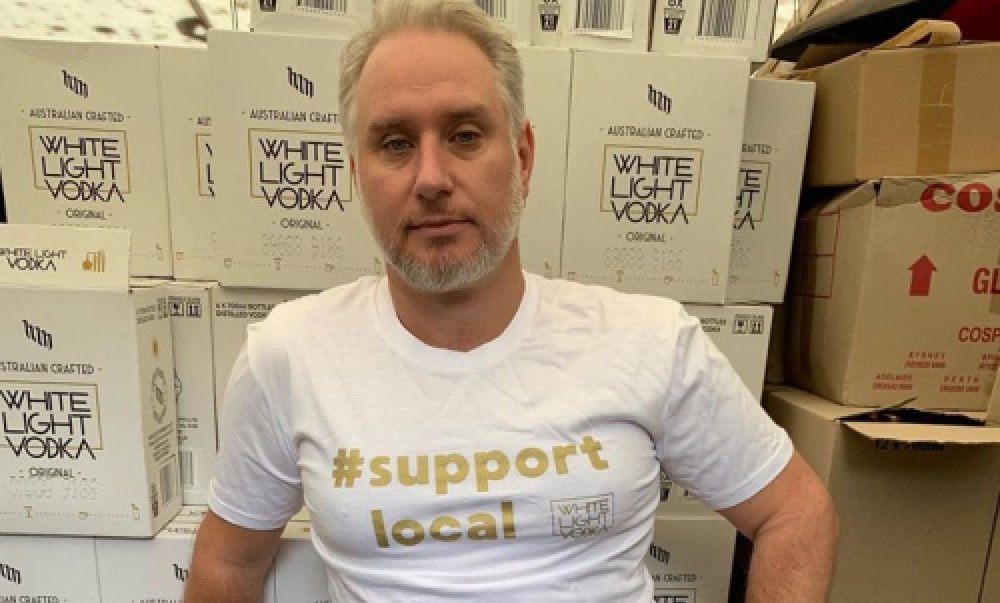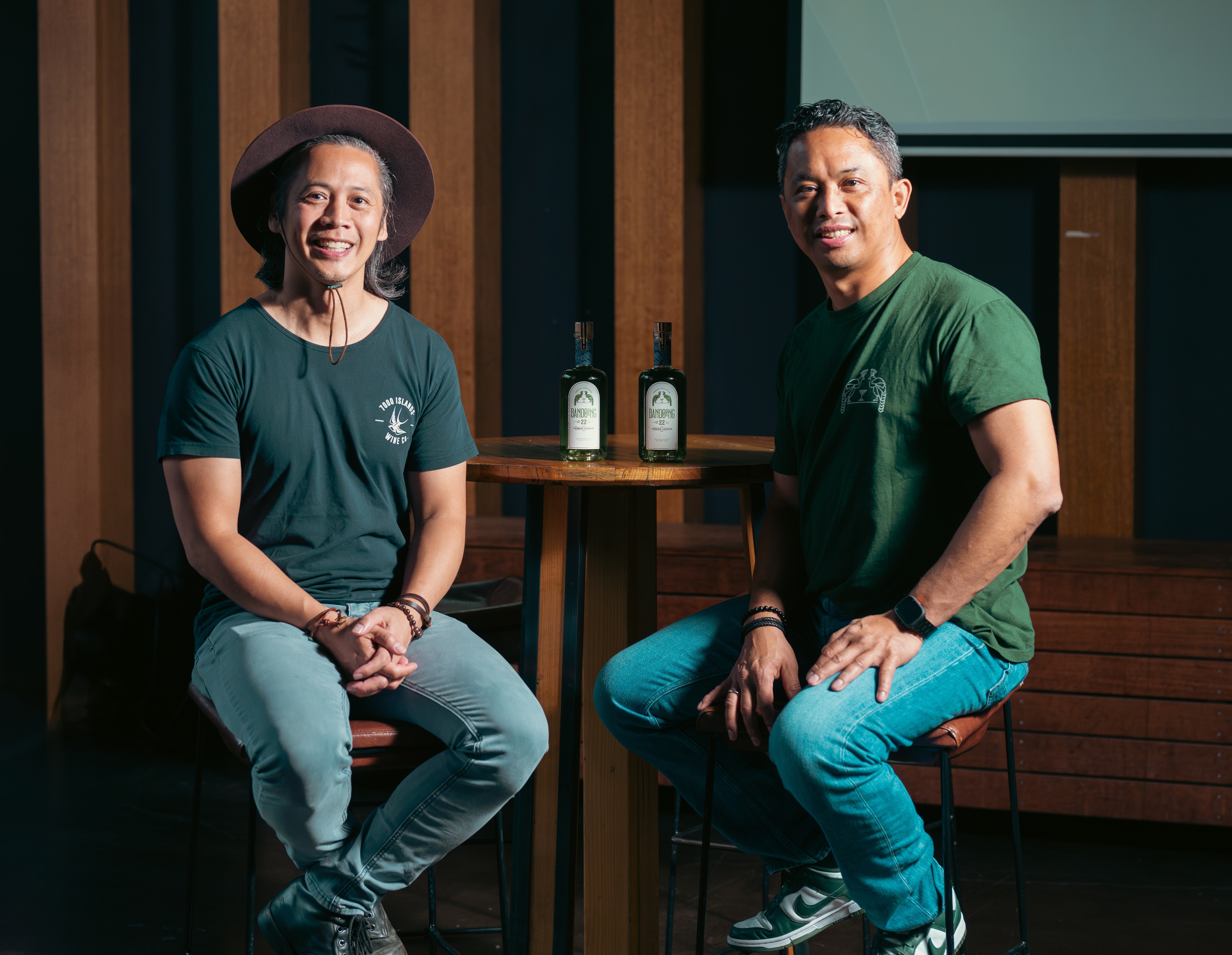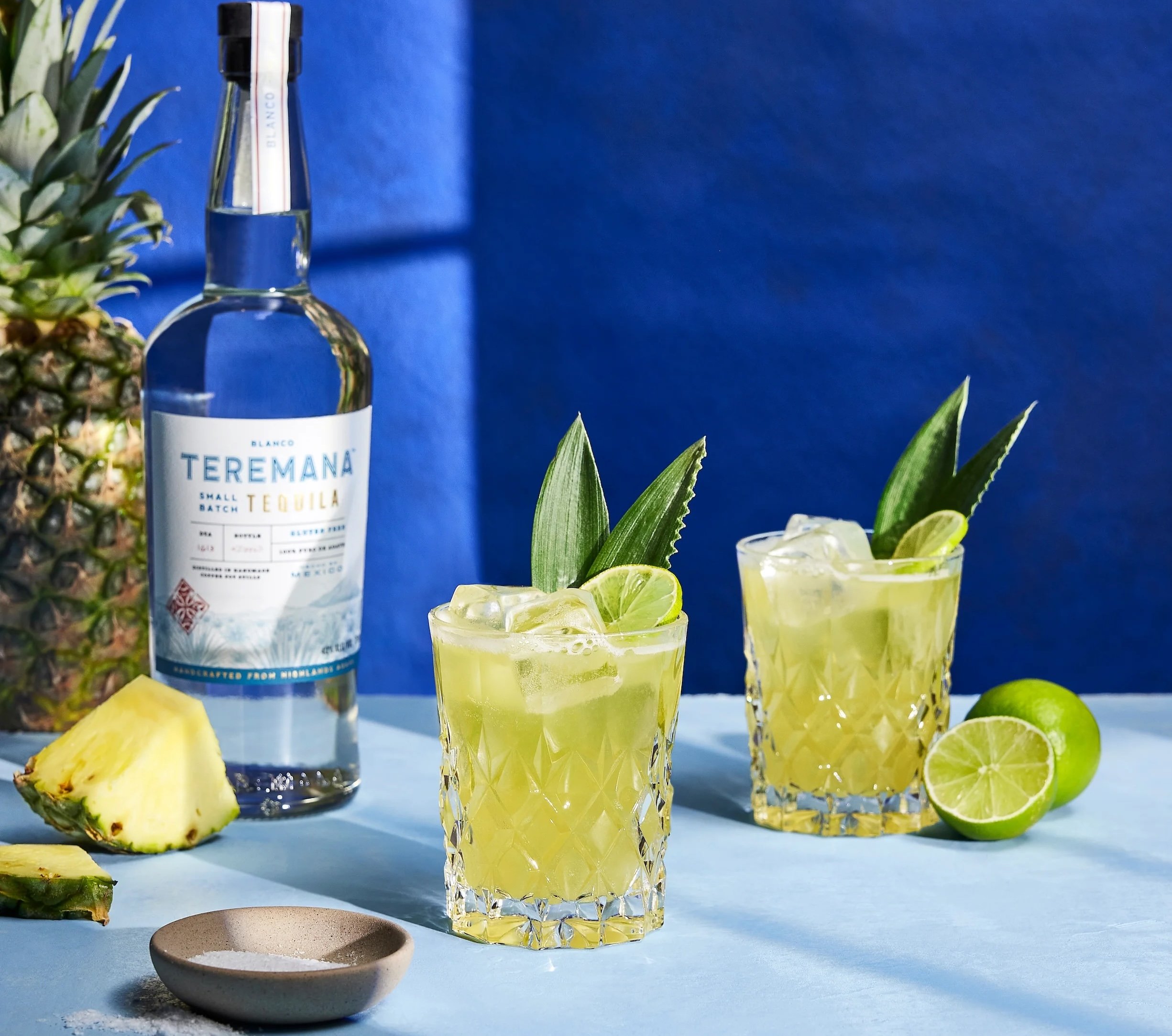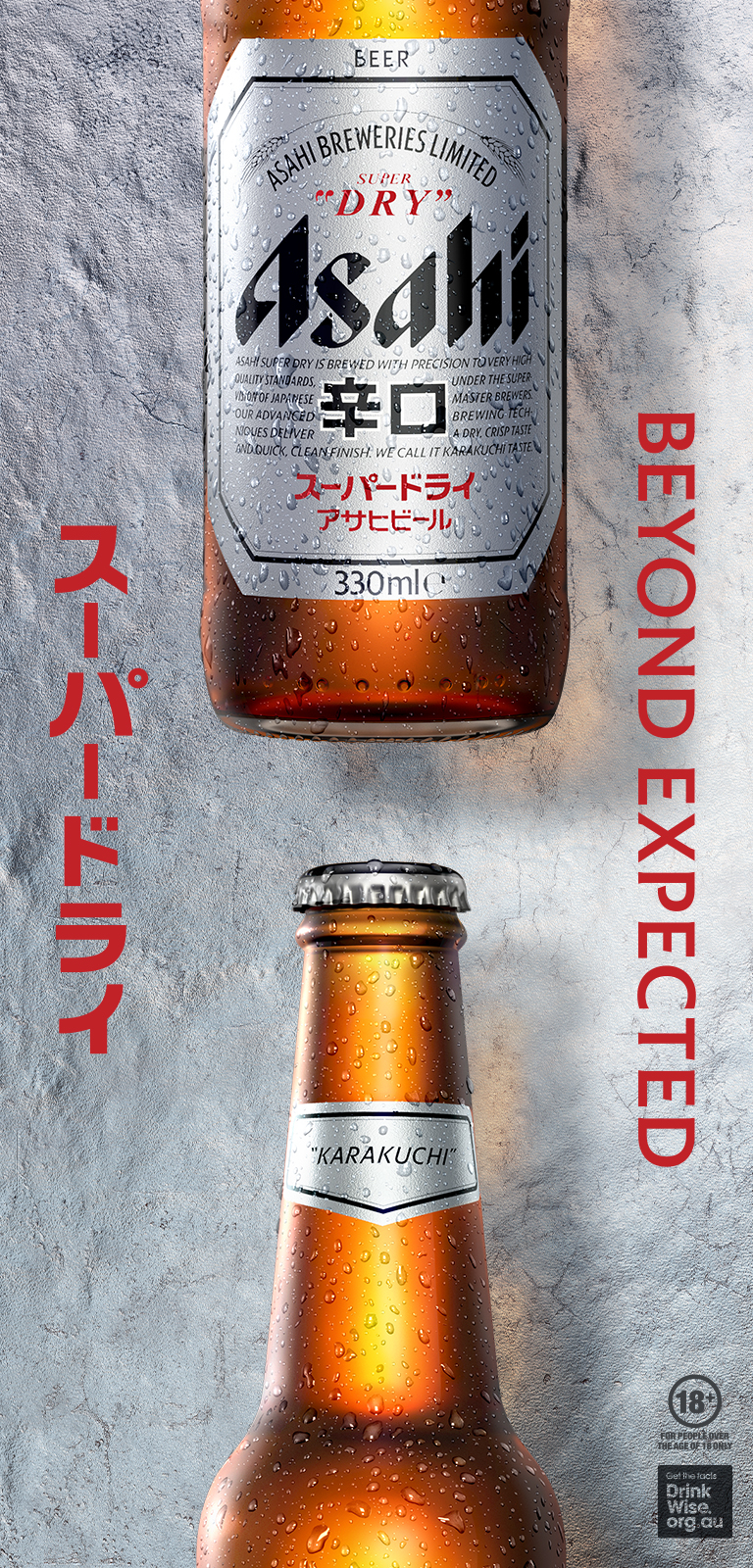When COVID-19 forced many Australian venues to close or switch to takeaway-only, Victorian distillery White Light Vodka saw its business screech to a halt almost overnight.
Brendon (pictured main) and Katie Mitchell are the two hospitality veterans behind White Light Vodka, an Australian-made vodka label. The pair went from supplying bars, pubs and restaurants nationwide to having orders cancelled almost immediately.
They weren’t alone. Data from leading small business software Invoice2go revealed that Australia’s entertainment, events and food services industries were some of the hardest hit by the pandemic, experiencing an industry-wide 37% decrease in total invoiced dollar amounts in April 2020 compared to April 2019.
While many of their competitors began making hand sanitiser to meet demand, Brendon and Katie doubled down on their existing operations and turned to social media to share cocktail-making tutorials to keep customers engaged.
Now the Victorian distillery is battling another huge challenge, as the state enters a tough new lockdown.
"The stage 4 lockdown presents a new hurdle, just as we’d started to get back to something resembling our original business model," Brendon said.
"After speaking with a number of other Victorian small business owners, we’ve noted that the general mood differs from the first lockdown - people aren’t as buoyant and optimistic now. Unfortunately, the combination of bad weather and bad trade is having quite a negative impact on the outlook for the coming weeks.
"Nonetheless, we’re determined to keep moving forward. In the immediate future, we’re doubling down on the things that worked for us during the first lockdown.
"The good news is that we’ve already spent a couple of months redirecting the business, so we have a better idea of what we have to do. In particular, we’re focusing on digital advertising and marketing, as the lockdown means we’re not able to physically get out and make sales.
"We’re also investing in our staff in states which are largely unrestricted, such as Queensland, the Northern Territory, South Australia and West Australia, as well as concentrating our efforts on boosting retail sales in bottleshops."
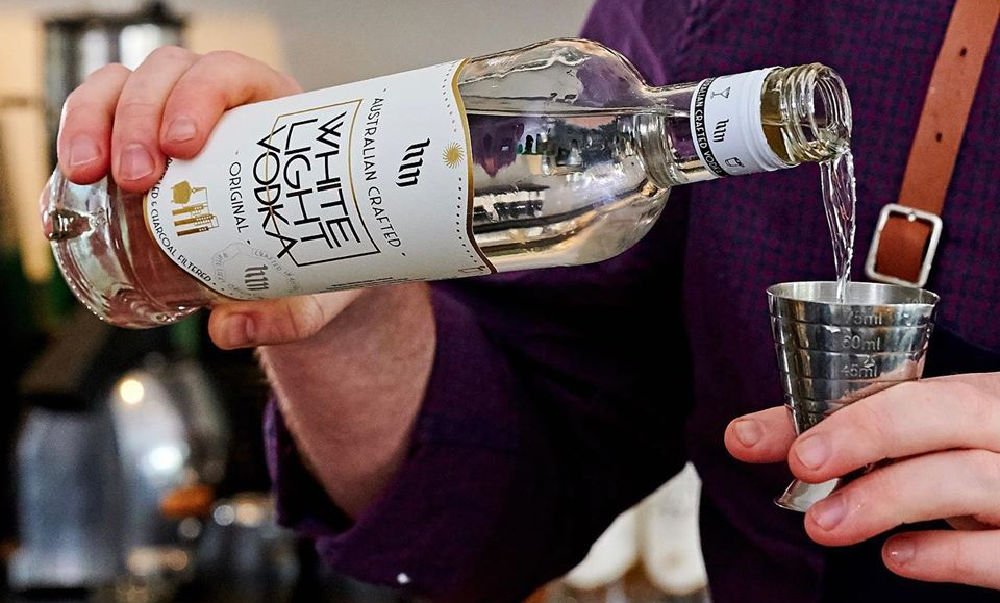
Brendon has given his four top tips on how small producers can survive the pandemic.
- Refocus efforts on your core market
"The COVID pandemic has forced many hospitality businesses to re-evaluate who their core target audience is to ensure cash flow remains consistent even while their doors are closed. So, if you haven’t already done so, identify your most valuable customers - those who are most likely to continue purchasing your goods or services - and focus the majority of your efforts on them. For instance, if you had plans to venture into new markets before the pandemic hit, take into consideration that it could be a slower, less lucrative process at this time."
2. Plan carefully
"Take this time to re-evaluate your business plan. Creating at least two new business plans to account for the variance of social distancing and perhaps running the two simultaneously will help ensure that your business stays nimble and adaptable to the changing environment. After all, your goals and business plan may look a little different today than they did at the dawn of 2020."
3. Streamline back-of-house processes
"The pandemic and subsequent financial crisis has heightened the importance of staying in control of your business’ finances, so ensuring that all administrative processes and paperwork, such as invoicing, are streamlined and integrated with your accounting software will go a long way in saving you precious time as you navigate the COVID recovery. An effective, digital invoicing and sales reporting program such as Invoice2go allows you to master all aspects of your small business’ finances, seamlessly and conveniently. After all, time is money when it comes to running a small hospitality business, so take some time to develop the behind-the-scenes processes that will allow you to ease the administrative burden and spend more time focusing on your growth, strategy and customers."
4. Engage with your community
"It’s been so positive to see the ‘support local’ sentiment that has emerged and manifested itself in communities across Australia over the past few months. With both consumers and businesses focusing on the importance of sourcing local products, it’s important to get out there and engage in the local community to reassure them that we’re here and are living through these uncertain times, together. Building those deeper, personal business connections has never been more important."
Share the content
